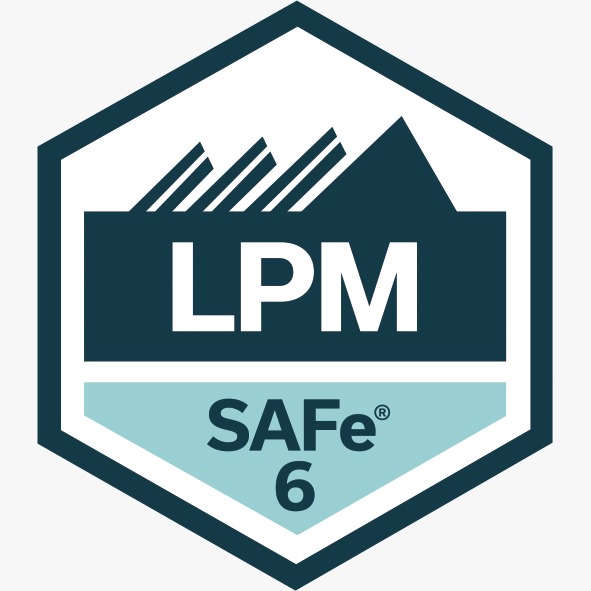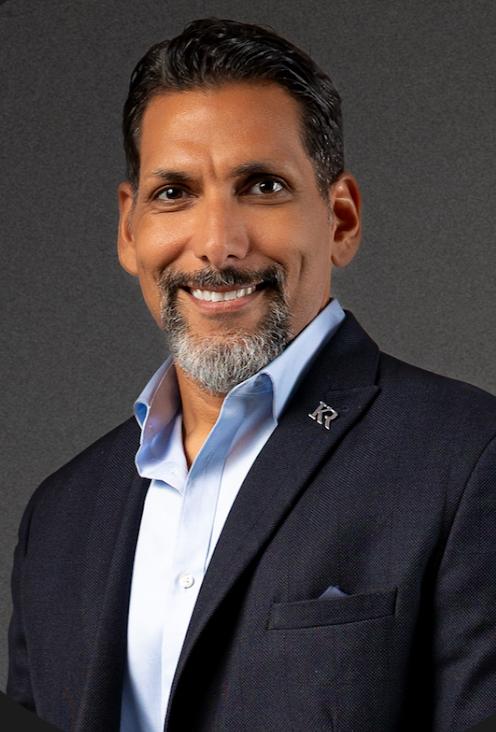SAFe Lean Portfolio Management _LPM_ 6.0

Agile & Digital Innovation Training
3 days
Course description
In this course, you will gain the practical tools and techniques necessary to implement the Lean Portfolio Management functions of Strategy and Investment Funding, Agile Portfolio Operations, and Lean Governance.
You will have the opportunity to capture the current and future state of the portfolio with the Portfolio Canvas tool and identify important business initiatives for achieving the future state. You’ll be able to establish portfolio flow with the Portfolio Kanban and prioritize initiatives for maximum economic benefit. The course also provides insights on how to establish Value Stream Budgets and Lean Budget Guardrails and measure the Lean portfolio performance.
Target audience
This course is designed for leaders and influencers who are responsible for the Lean Portfolio Management function Examples include:
• Executives and leaders (CIOs, CEOs, CFOs, CTOs, and VPs)
• Enterprise architects
• Product managers and solution managers
• Business unit managers
• Program office personnel
• SPCs and enterprise Agile coaches
• Human resources
• RTEs
• Epic Owners
Course requirements
All are welcome to attend the course, regardless of experience. However, the following recommendations will make the training more productive:
• Familiarity with Agile concepts and principles
• Attended a Leading SAFe® or SAFe® PO/PM course
• Experience working in a SAFe environment
What you get
Class registration includes:
• Attendee workbook
• Course certificate of completion
• Preparation and eligibility to take the SAFe® Lean Portfolio Manager (LPM) 6.0 certification exam (upon GA)
• One-year membership to SAFe Studio (upon GA)
• One certification exam attempt (upon GA)
What you'll learn
• Describe the importance of LPM
• Connect the portfolio to enterprise strategy
• Implement Lean budgeting and guardrails
• Establish portfolio flow with the Portfolio Kanban
• Support operational excellence with APMO and CoPs
• Coordinate Value Streams
• Measure the LPM performance
• Build a plan for LPM implementation
Course teachers
Khalid Rabie
Khalid Rabie is a distinguished Enterprise Coach and Business Agility Consultant with over 20 years of experience spanning diverse markets and organizational roles. Holding a post graduate degree from Harvard Business School Majoring in Leadership and Strategy, Khalid leverages his multi-cultural background and extensive global experience to drive transformative change in organizational cultures.
His expertise lies in coaching executives, leaders, and cross functional teams to adopt industry best practices and innovate operational models, fostering continuous improvement across industries. Khalid is renowned for developing Digital Innovation and Culture Maturity Model Engines, which empower organizations to seamlessly transition from Profit to Purpose and Purpose to Profit, adapting to the dynamic nature of modern business environments.
Khalid’s global perspective and broad exposure have afforded him the opportunity to collaborate with a prestigious roster of clients, including PMI, STC, Orange Business, Philips, Heineken, BASF, NTIS, Banque Misr, ROSHN, Commercial International Bank, VOIS, and Japan Tobacco International, just to mention a few. His work spans the Americas, Europe, Asia, and the Middle East, where he engages with Business Executives, IT Operations, Customer Success Management, HR departments, and Project Management divisions.
In addition to his consultancy work, Khalid is a sought-after Executive Business Trainer and
keynote speaker, having presented at the University of Texas, the Global Innovation Summit, the Project Management Institute, and numerous multinational corporations. He also serves as a lecturer and an L&D consultant at ESLSCA Paris University, specializing in higher education and digital innovation studies. Furthermore, he is a certified ICF Systems Intelligence Coach, and has previously served as a Board Member for the Agile Chamber of Education.

Khalid Rabie
Course Plan
| Section 01 Introducing Lean Portfolio Management (LPM) | |
| Section 02 Establishing Strategy and Investment Funding | |
| Section 03 Applying Agile Portfolio Operations | |
| Section 04 Applying Lean Governance | |
| Section 05 Implementing the LPM function |